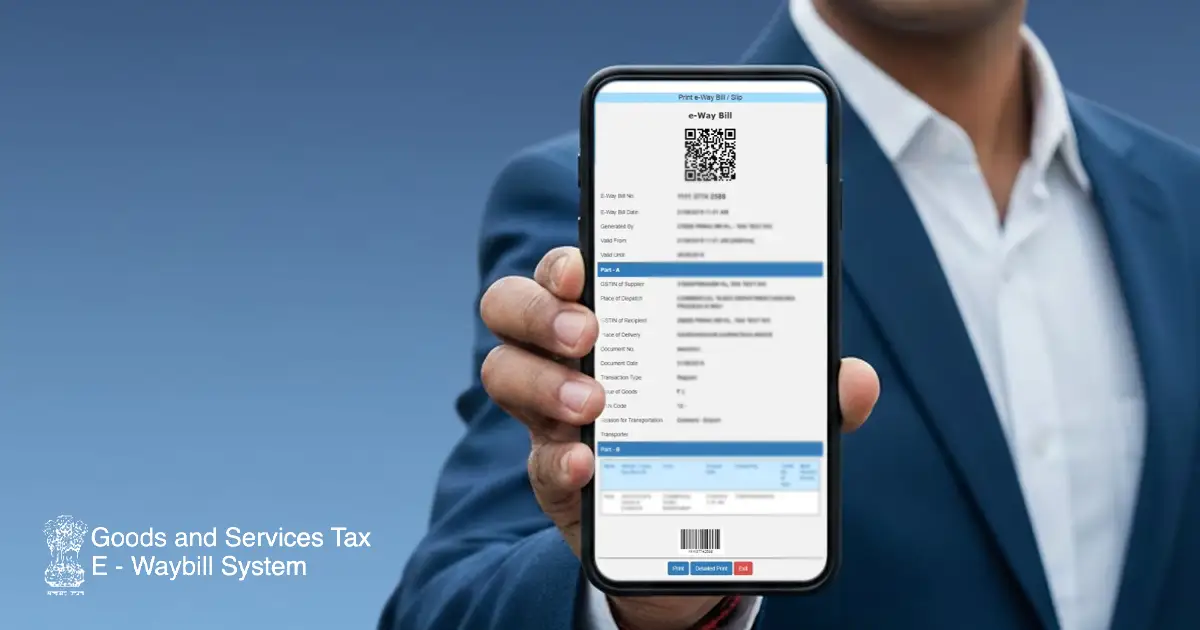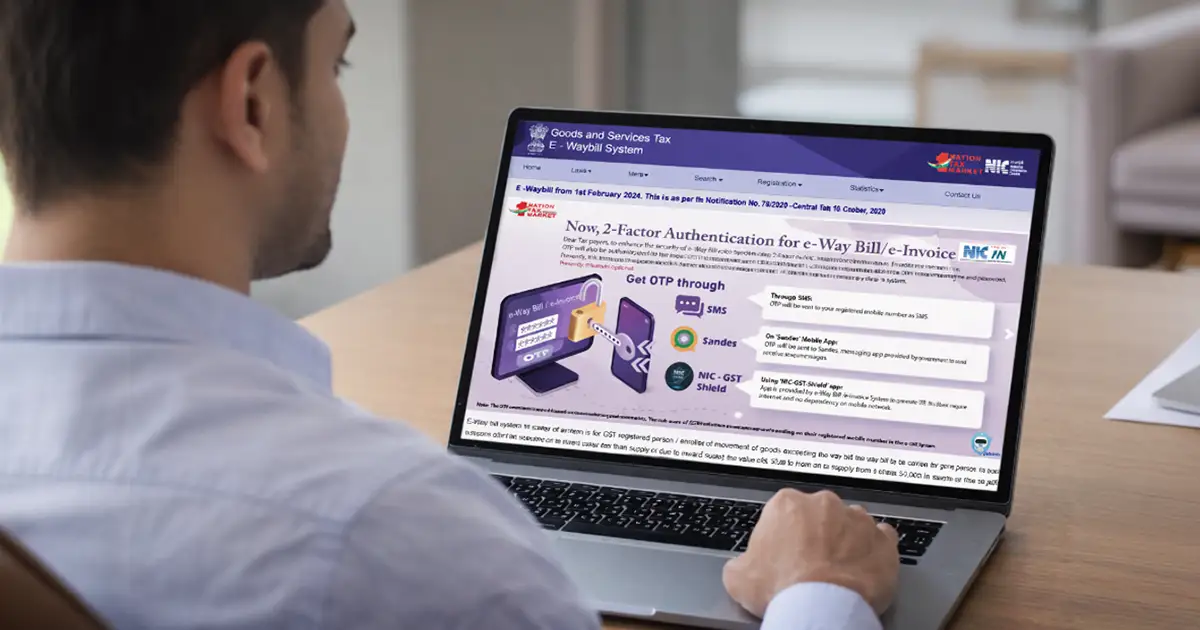
Introduction
The introduction of the Goods and Services Tax (GST) in India was a landmark reform aimed at simplifying the taxation system and offering benefits to both consumers and businesses. GST, by unifying various indirect taxes, aimed to create a seamless tax structure that promotes economic growth. However, to safeguard consumer interests and ensure fair market practices, the government introduced anti-profiteering GST rules under Section 171 of the CGST Act, 2017.
These rules prevent businesses from exploiting GST pricing rules by retaining the benefits of reduced tax rates or input tax credits (ITC) which are meant to benefit the consumers directly. The primary objective of anti-profiteering laws is to ensure that the tax rate reductions are passed on to the end consumers, in the form of lower prices for goods and services.
In this article, we will dive into the anti-profiteering GST mechanism, how it works, the penalties involved for non-compliance, and how businesses can ensure they follow the rules effectively. We will also look at some real-life examples to enhance your understanding of this critical aspect of GST compliance in India.
What is Anti-Profiteering Under GST?
Anti-profiteering under GST refers to the rules and measures introduced to prevent businesses from unfairly profiting when GST rates are reduced or when businesses are entitled to ITC benefits. The objective is to ensure that businesses pass on the benefits to the consumers instead of retaining them.
Key Objectives of Anti-Profiteering Rules:
- Ensure Fair Pricing: The benefit of reduced GST rates or ITC must be passed on to consumers.
- Prevent Artificial Price Inflation: Price hikes should not be used to absorb the tax benefits.
- Encourage Ethical Business Practices: Businesses must act in accordance with GST regulations to avoid exploiting consumers.
The anti-profiteering rules apply to all categories of businesses, including manufacturers, traders, retailers, and service providers. These rules ensure that businesses follow GST compliance in India by passing on the benefits to consumers through lower prices or reduced service charges.
Why Was Anti-Profiteering Introduced in GST?
The introduction of anti-profiteering GST measures came as a response to concerns that businesses might misuse GST rate reductions or ITC benefits for their financial advantage. The government aimed to prevent:
- Consumer Exploitation: Without these rules, businesses could hoard tax benefits, leading to inflated prices and consumer exploitation.
- Price Manipulation: Artificial price hikes could have led to inflation, counteracting the intended benefit of the GST reform.
- Maintaining GST Compliance: The laws ensured that businesses followed GST regulations, providing fair pricing benefits to the consumers.
The National Anti-Profiteering Authority (NAA) was established to monitor, investigate, and take action against businesses that violate these provisions. The NAA ensures that GST consumer benefits are genuinely passed on to the end users.
How Does the Anti-Profiteering Mechanism Work?
The anti-profiteering mechanism follows a structured process to identify and penalize businesses that violate the rules. Below is a detailed explanation of how the process works:
- Identifying Profiteering Cases:
- Complaints can be filed by:
- Consumers
- Industry Bodies
- Government Authorities
- These complaints are directed to either the Standing Committee on Anti-Profiteering (for national-level complaints) or State-Level Screening Committees (for local complaints).
- Complaints can be filed by:
- Investigation Process:
- After the complaint is received, the relevant committee verifies its legitimacy before forwarding it to the Directorate General of Anti-Profiteering (DGAP) for investigation.
- Detailed Investigation by DGAP:
- The DGAP reviews:
- ITC utilization by businesses
- GST pricing rules and rate reductions
- Changes in profit margins before and after the implementation of GST rate changes
- If it is determined that profiteering has occurred, the DGAP submits the case to the National Anti-Profiteering Authority (NAA).
- The DGAP reviews:
- NAA’s Role in Decision-Making:
- The NAA reviews the evidence and may:
- Order businesses to reduce prices
- Impose penalties
- Direct refunds to consumers for excess amounts charged
- Refer the case to law enforcement if necessary.
- The NAA reviews the evidence and may:
This comprehensive mechanism ensures that businesses comply with the anti-profiteering laws and GST pricing rules.
Penalties for Violating Anti-Profiteering Rules in GST
Businesses found guilty of violating anti-profiteering GST rules face serious consequences. These penalties include:
- Refunding Excess Charges to Consumers:
- Businesses that unfairly increase prices must return the excess amount collected from customers.
- Monetary Penalties:
- Heavy fines of up to 10% of the amount profiteered can be imposed.
- License Cancellation:
- In severe cases, the business can face deregistration under GST, effectively terminating their ability to operate under the tax regime.
- Reputational Damage:
- Publicized cases of profiteering can severely damage a business’s reputation, resulting in loss of trust from consumers.
How Businesses Can Ensure Compliance With Anti-Profiteering Laws
To avoid penalties and maintain GST compliance in India, businesses must adopt strategies that ensure they adhere to GST pricing rules. Here are some best practices:
- Maintain Clear Pricing Records:
- Document pricing before and after any GST rate reductions or ITC adjustments.
- Justify any price increase with valid reasons like increased cost components.
- Pass on ITC Benefits to Consumers:
- Ensure that the benefits of ITC are passed on by adjusting final prices accordingly.
- Avoid hoarding ITC benefits at the business level to increase profit margins.
- Conduct Regular GST Audits:
- Perform periodic audits to ensure compliance with anti-profiteering laws.
- Engage GST experts to review pricing structures and assess compliance.
- Educate Employees:
- Train the finance and sales teams on GST regulations and the significance of compliance with anti-profiteering rules.
- Stay Updated with Government Announcements:
- Ensure timely updates and price adjustments based on changes in GST rates or new policies.
By implementing these best practices, businesses can avoid unnecessary penalties while ensuring fair pricing and GST compliance in India.
Conclusion
The anti-profiteering GST rules are vital to ensuring that the benefits of GST rate reductions and ITC are passed on to consumers. The penalties for non-compliance can be severe, ranging from monetary fines to deregistration. Businesses need to understand GST regulations and adopt ethical pricing strategies to avoid repercussions.
For businesses looking to ensure complete GST compliance, RegisterKaro offers professional services in GST filing, audits, and legal consultation. Our experts can help you navigate the complexities of GST regulations and avoid penalties.




